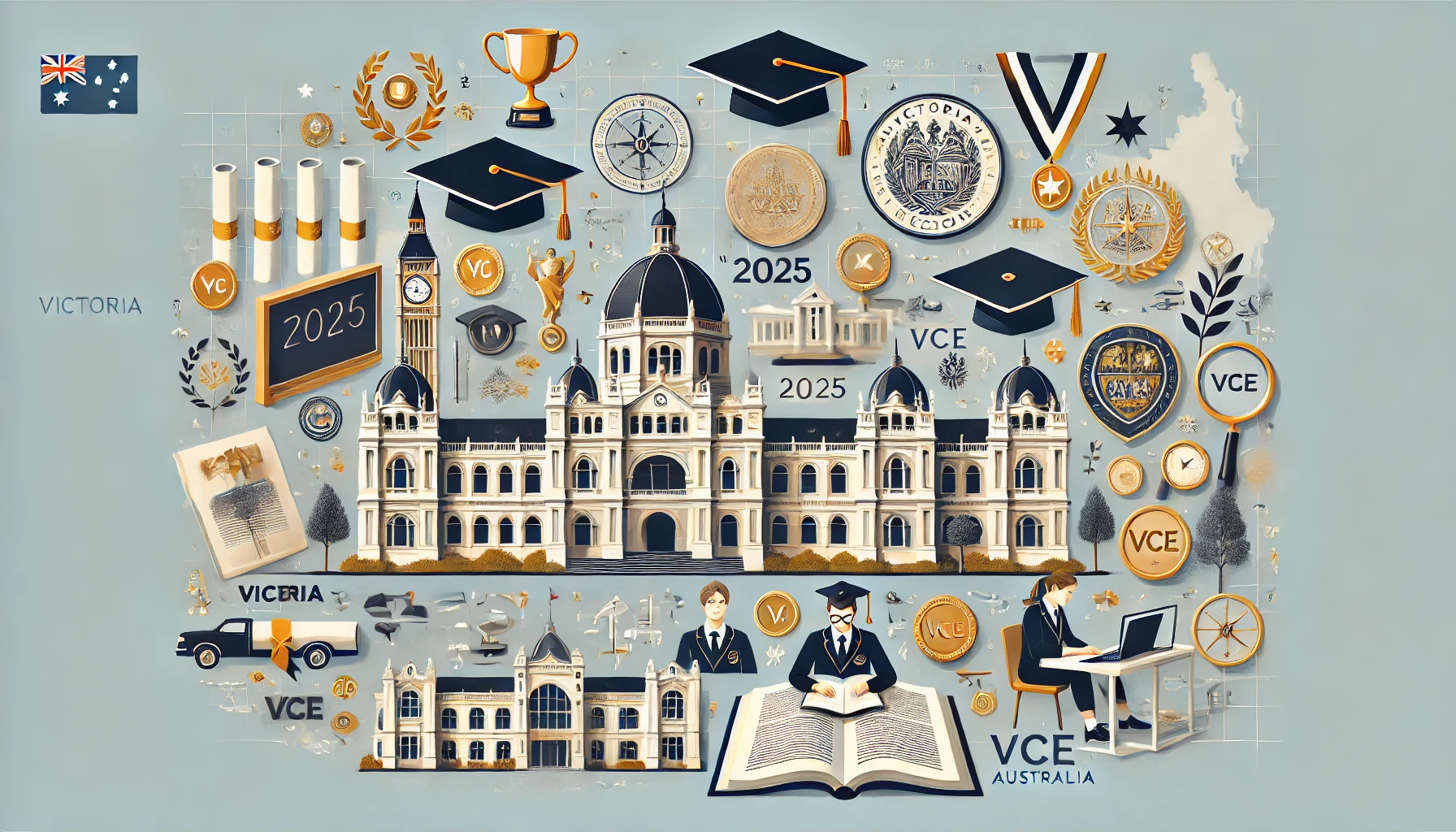
In 2022, I graduated from Bialik College with an ATAR of 99.65, achieving a raw study score of 50 in Biology. Despite how it may appear, I wasn’t a natural expert in the subject. I often lacked confidence, found the content complex, and faced many challenges throughout the year. Success didn’t come from natural ability alone—it came from persistence, flexibility, and smart study strategies. This article offers advice to help you navigate this demanding subject and find your own path to success.
Diversify Your Study Methods
One of the most important lessons I learnt was that no single method will get you through the year. Relying solely on practice exams or questions isn't sustainable—and often leads to burnout. Instead, include a variety of study methods:
- Reading: Revisit the textbook, review your class notes, and explore trusted sources like Khan Academy.
- Flashcards: If they work for you, make them throughout the year—not in the final weeks, when creating cards takes time away from revising.
- Videos and Podcasts: These can be surprisingly effective. I often watched revision videos while lying on the couch during breaks, and listened to podcasts on walks. For Biology, I highly recommend Douchy’s Biology Podcast—hosted by the same educator who presents Edrolo—and found it packed with exam-relevant ideas that I later used successfully.
- Practice Questions: Of course, they’re still crucial—but spread them out and mix them in with other formats.
Studying this way helps maintain motivation and makes the process more manageable. It also mimics the kind of layered understanding you’ll need for exam-style questions.
Set Your Own Tasks
Don’t limit yourself to what your teacher assigns. Some of the best learning comes from independent study—reading sections of the textbook ahead of time, summarising key concepts, or tackling extra questions. Think of this as giving yourself homework, even if no one else in your class is doing it. These small extra steps compound over time and build a deeper understanding of the material.
Go Beyond the Study Design (But Stay Grounded)
A question I get asked often as a tutor is: “Do I need to know this? It’s not on the study design.” My answer is always that if it sparks your interest or comes up frequently, then it’s worth knowing at least a little about it.
For example, in Biology, many students ask whether they need to know about cytochrome c, a protein involved in cellular respiration. It’s not technically required knowledge according to the study design. However, cytochrome c is a favourite in VCAA practice exams. When it appears, VCAA will provide a brief description since it's not assumed knowledge—but if you already understand it, you’ll find those questions easier and can focus on applying that knowledge rather than processing brand new information under time pressure.
The goal in Biology is to become a mini expert in the topics you cover. Sticking strictly to the study design is safe—but going slightly beyond it, when done wisely, can really enhance your understanding. That said, be careful not to overextend yourself. Learn just enough to enhance your understanding of study design content—not to overload your brain with unnecessary detail.

Focus on Understanding, Not Memorisation
Many students panic about learning hundreds of definitions. But pure memorisation is rarely effective. Instead, aim to understand concepts so well that you can explain them in your own words. Doing regular practice questions helps develop this skill naturally. Over time, you’ll find yourself consistently giving strong answers without needing to recite flashcard definitions word for word.
Don’t Trust the Study Score Calculators
Online study score calculators are not accurate. They don’t account for the difficulty of your SACs, your cohort, your ranking, or how the exam is scaled. According to one calculator, I would have needed nearly perfect SAC and exam scores to get a 50—which simply wasn’t true. Focus on doing your best, not what an algorithm predicts.
Ask for Help
Even high-achieving students need support. I sometimes hesitated to ask questions, but when I did, issues that had held me back for days were resolved in minutes. Don’t wait—reach out to your teachers, peers, or tutors. No one gets through VCE alone.
Find What Works for You
There’s no magic formula. When students ask how I got my scores, they often expect a step-by-step method—but the truth is, I adapted my strategies throughout the year. I stayed consistent, but flexible. I regularly asked myself: Is this method helping? Or just making me feel productive? If something didn’t work, I tried something else.
Don’t stick with a study method just because someone told you it works. Try it. Reflect. Adjust.
Study Hard—But Take Care of Yourself
Balance is key. Overstudying is not sustainable. You don’t need to do three practice exams a day. In fact, doing one or two, then taking a walk or sitting outside with a podcast or textbook, is far more effective. It’s also healthier.
If you treat your wellbeing as a priority, you’ll be in a better headspace to learn and perform. VCE is tough—but it’s also an opportunity to learn about yourself, build resilience, and enjoy the subjects you're studying.
Final Thoughts
You don’t need to feel confident every day. You don’t need to be perfect. But if you’re willing to work hard, stay curious, and try a variety of approaches, you can achieve more than you think. Biology is a rich, fascinating subject—and with the right mindset and strategies, you can absolutely succeed








